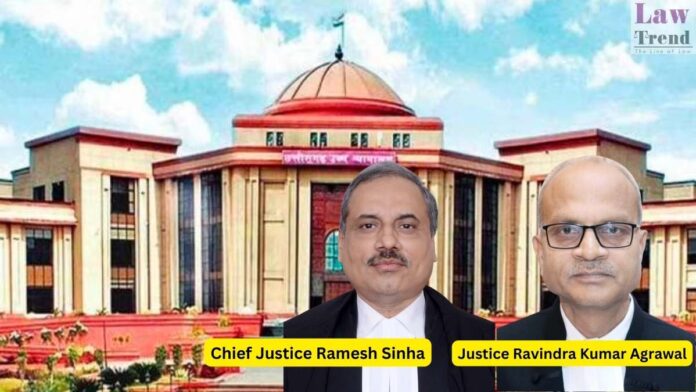In a significant ruling reaffirming the “doctrine of pleasure,” the Chhattisgarh High Court has held that there is no violation of constitutional provisions if a legislature authorizes the State Government to terminate nominated appointments at its pleasure and make fresh nominations in their place. The judgment came in Writ Appeal No. 211 of 2025, filed
To Read More Please Subscribe to VIP Membership for Unlimited Access to All the Articles, Download Available Copies of Judgments/Order, Acess to Central/State Bare Acts, Advertisement Free Content, Access to More than 4000 Legal Drafts( Readymade Editable Formats of Suits, Petitions, Writs, Legal Notices, Divorce Petitions, 138 Notices, Bail Applications etc.) in Hindi and English.




